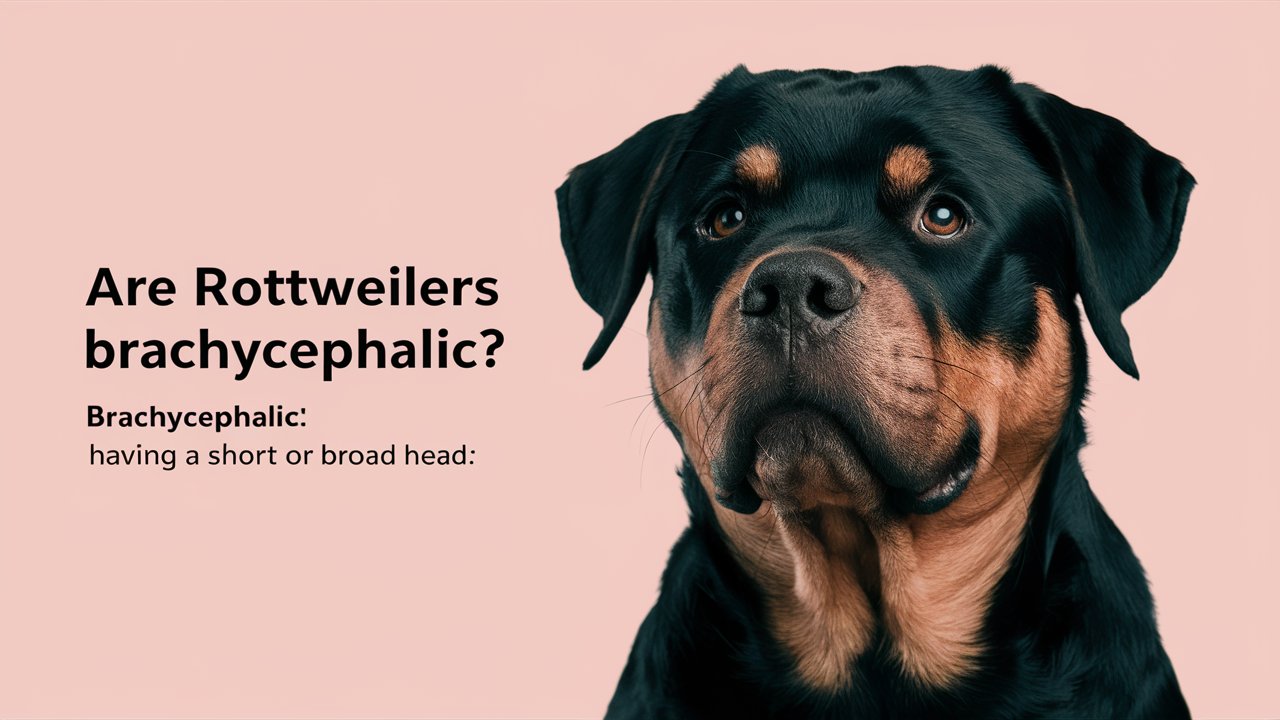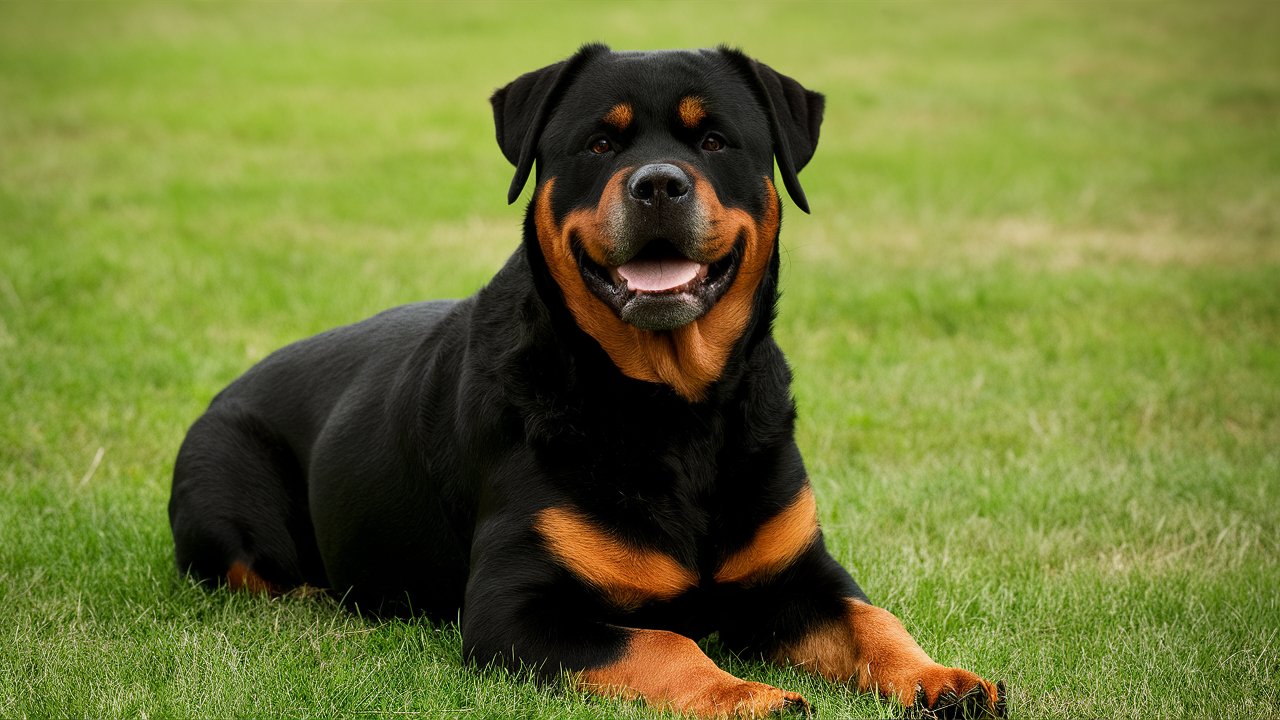Are Rottweilers Brachycephalic? Understanding Their Skull Structure

Introduction to Rottweilers and Brachycephaly
When it comes to dog breeds, a common question is, “Are Rottweilers brachycephalic?” This inquiry revolves around understanding what brachycephaly is and whether Rottweilers fit into this category. This article will delve into the characteristics of brachycephalic dogs, compare them to Rottweilers, and discuss the implications for their health and well-being, ensuring that prospective owners are well-informed.
Understanding Brachycephaly
Brachycephaly describes a condition where dogs have a shortened skull, resulting in a flattened face and a shorter muzzle. This anatomical structure leads to specific traits and potential health issues that can affect the dog’s quality of life, such as:
- Shortened Nasal Passages: Reduced airflow can cause breathing difficulties, including loud breathing and snoring, especially during physical exertion.
- Flattened Face: A prominent forehead and protruding eyes are common in brachycephalic breeds, which can lead to increased tear production and eye problems.
- Compact Jaw Structure: This can lead to dental overcrowding and alignment issues, making it challenging to maintain proper dental hygiene.
Rottweiler Skull Structure
Rottweilers do not fall into the brachycephalic category. Instead, they have a mesocephalic skull structure, characterized by a moderate length and width. This balanced skull structure allows for:
- Better Airflow: Rottweilers have longer nasal passages, which facilitate more efficient breathing compared to brachycephalic breeds, enabling them to engage in activities without experiencing respiratory distress.
- Normal Facial Proportions: Their face is not flattened, and their muzzle is well-proportioned, reducing the risk of breathing issues and overheating, especially in hot weather.
- Natural Dental Alignment: Their jaw structure supports proper dental alignment, minimizing dental problems and promoting better oral health.

Comparing Rottweilers to Brachycephalic Breeds
Brachycephalic breeds, such as Bulldogs and Pugs, are known for their unique facial structures, which contribute to various health challenges:
- Breathing Challenges: Their shortened nasal passages can lead to conditions like brachycephalic obstructive airway syndrome (BOAS), making it difficult for them to breathe, especially in stressful situations.
- Increased Risk of Overheating: Limited airflow makes it harder for these dogs to cool down, raising their risk of heatstroke, particularly during physical activity.
- Dental Issues: Compact skulls often result in crowded teeth and alignment problems, requiring frequent dental care to prevent more severe health issues.
In contrast, Rottweilers’ mesocephalic skull structure helps them avoid these common issues. They are less likely to suffer from severe breathing difficulties or overheating, and they generally have better dental health due to their more natural jaw alignment.
Health Considerations for Rottweilers
While Rottweilers are not brachycephalic, they still face specific health considerations that owners should be aware of:
- Hip Dysplasia: This genetic condition affects the hip joint, leading to arthritis and discomfort. Regular veterinary check-ups and weight management can help manage this condition effectively.
- Elbow Dysplasia: This condition affects the elbow joint, causing pain and lameness. Proper care and weight management are essential for maintaining mobility and comfort.
- Heart Conditions: Rottweilers may be prone to heart issues like aortic stenosis. Regular exams are important for early detection and management of these conditions.
- Cancer: Rottweilers may be at risk for certain cancers, including osteosarcoma and lymphoma. Regular health screenings are recommended to catch any issues early.
Proper Care for Rottweilers
To keep your Rottweiler healthy and happy, consider these essential care practices:
- Regular Exercise: Rottweilers need daily physical activity to stay healthy. Incorporate walks, playtime, and mental stimulation into their routine to prevent boredom and obesity.
- Balanced Diet: A nutritious diet supports overall health and helps prevent obesity, which can exacerbate joint issues and other health problems.
- Routine Vet Visits: Regular veterinary check-ups help monitor for potential health issues and ensure your Rottweiler’s well-being, allowing for timely interventions when necessary.
Conclusion
In conclusion, Rottweilers are not brachycephalic. Their mesocephalic skull structure supports better breathing and dental health compared to brachycephalic breeds. By understanding their anatomy and adhering to proper care practices, you can help ensure that your Rottweiler remains healthy, happy, and well-adjusted throughout their life.
For more information on Rottweilers and their care, visit our Pet Street or check out our Rottweiler category page.





